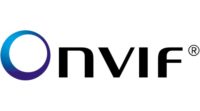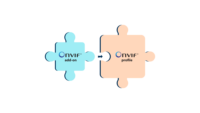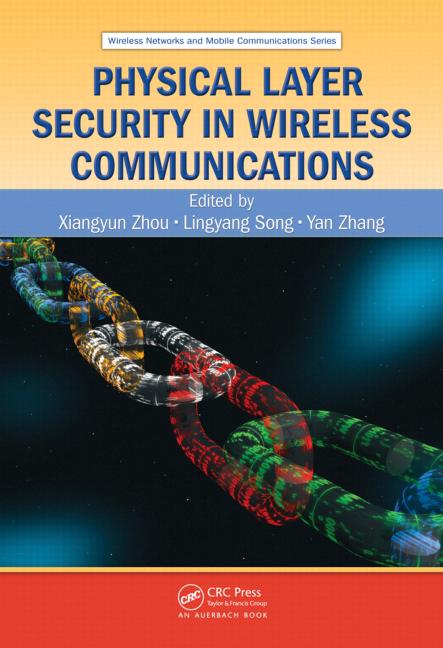ONVIF, the global standardization initiative for IP-based physical security products, announced that it will use GitHub, an online open source development platform to allow for easier contribution and collaboration on ONVIF specifications by applying software development tools to specification engineering. This will enable software engineers and developers from security, IoT, Artificial Intelligence, cloud services and other industries to contribute new ideas and proposals, spurring greater feature interoperability and new interface specifications that will help ONVIF continue to contribute to these industries.
“The data that powers our businesses and homes relies on feature-rich and standardized pathways of communications for interoperability, and ONVIF will continue to evolve to provide those pathways,” said Per Björkdahl, chairman of the ONVIF steering committee. “Augmenting our development methods with open source adds a collaborative and convenient platform through which innovative ideas can be discussed and implemented and eases many of the administrative burdens that are inherent in the standards development process.”
The move will streamline administrative and collaborative processes while also leveraging the collective ingenuity of the global developer community. ONVIF interoperability specifications are already publicly available as open standards and are used as common communication interfaces between devices and software clients, such as IP surveillance cameras, video management software and physical access control systems from different manufacturers.
Other aspects of ONVIF, such as the development of ONVIF profiles and test tools, the conformant product submission process, the activities of the ONVIF committees and working groups, and the ONVIF membership and governance structure remain unchanged.
The source files of ONVIF specification-related documents, including schema files, which describe the XML framework of specific ONVIF features and functions, will be available on GitHub. The ONVIF Technical Committee will continue to govern the integration of new technical proposals and, once approved according to the ONVIF rules of membership, these will be published on the ONVIF website. All contributors are required to sign an ONVIF contributor license agreement, and any changes that are ultimately accepted by the ONVIF technical committee will be licensed to ONVIF.
To learn more about ONVIF and the move to GitHub, visit https://www.onvif.org/about/faq/.





